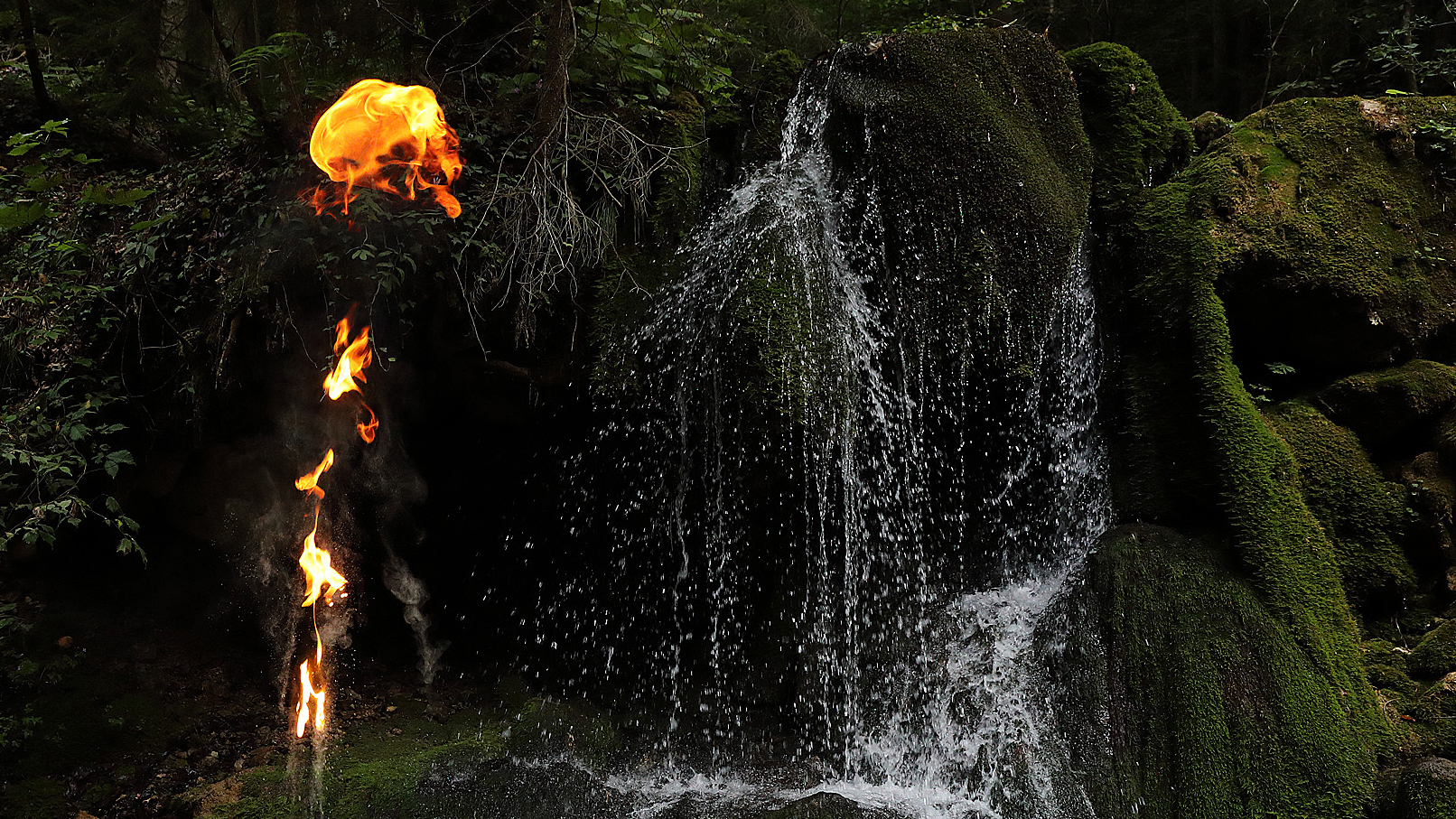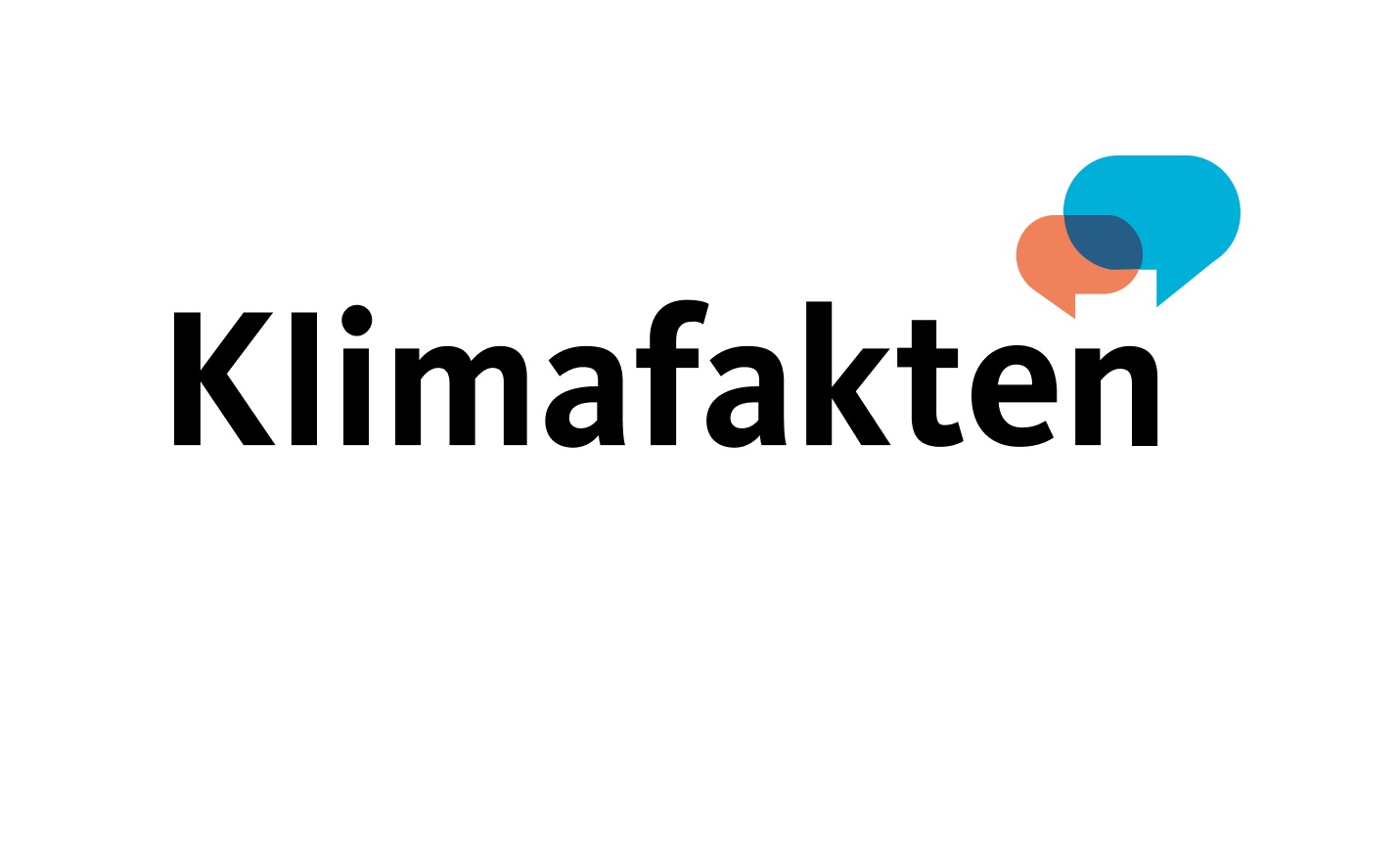
Ready, study, go!
Start your studies top informed.

Study your dream!
All information about studying.

Stay in touch!
Stay connected with the university.

Study with Purpose!
Discover our study programmes.

Educate with Purpose!
Lifelong learning and thinking ahead.

Research with Purpose!
Research from idea to application.

Better together!
As a university we create new opportunities.
Sustainability Communication and Climate Journalism
In the programme
ILA and J. J. Kucek: Untitled. 2022
One of the central tasks of professional communication is to provide competent, evidence-based and trustworthy information about the climate, biodiversity and sustainability crises, as well as promising solutions to what are probably the greatest challenges of our time. This requires that journalists and communicators have a deeper understanding of the scientific basis of these crises, and are familiar with their diverse social, economic and political implications.
In this university programme, journalists and communicators learn about alternative paths to a sustainable future and enhance their communication skills with strategic and practical expertise. The goal is to develop and implement extraordinary, accurate and effective communication solutions that can help drive the socio-ecological transformation.
Unique combination
This is the first programme in the German-speaking world to teach climate and sustainability skills for professional journalists and communicators at an academic level. It is aimed at journalists working in all areas and types of media, as well as communicators from NGOs, politics and administration, the education sector, culture, civil society, and business. Nowadays, they must also be skilled in the field of sustainability and climate communication to properly meet the information needs of citizens, media users and market participants.
Competent network
This programme has been designed and implemented in cooperation with renowned institutes, networks and experts from Austria and Germany who have extensive experience in teaching and research on climate, sustainability and communication. They include the Climate Change Centre Austria and the Institute for Communication and Media at Darmstadt University of Applied Sciences.
Guest lectures by renowned experts from various fields round off the programme. Previous guests have included: Thomas Brudermann, Renate Christ, Gabriele Faber-Wiener, Marion Greilinger, Helga Kromp-Kolb, Douglas Maraun, Uwe H. Martin, Benedikt Narodoslawsky, Oliver Ressler, Katharina Rogenhofer, Stella Schaller, Patrick Scherhaufer, Torsten Schäfer, Thomas Waitz, Philipp Wilfinger etc.
Current content, new formats
While all participants are taught the scientific basics, the practical course elements are organised according to the different needs of journalists and professional communicators.
The communication-specific course material focuses on strategic communication (content strategy), communication psychology, (visual) storytelling, as well as current problems in the various professional fields (sustainability reporting, greenwashing). The Climate Culture Lab also offers the opportunity to interact with representatives from artistic or activist standpoints in order to learn about and try out more experimental communicative approaches.
Organisation of the programme
The part-time programme is run over two semesters and involves around 25 days of in-person teaching at the Graz campus. An optional outdoor excursion/retreat (optional) is planned for the second semester. In-person teaching is supplemented with online lecture nights and moderated e-learning modules, especially at the beginning of the semester.
The course was designed in cooperation with the CCCA and the Institute for Communication and Media at Darmstadt University of Applied Sciences and is organised in collaboration with Klimafakten, among others.

